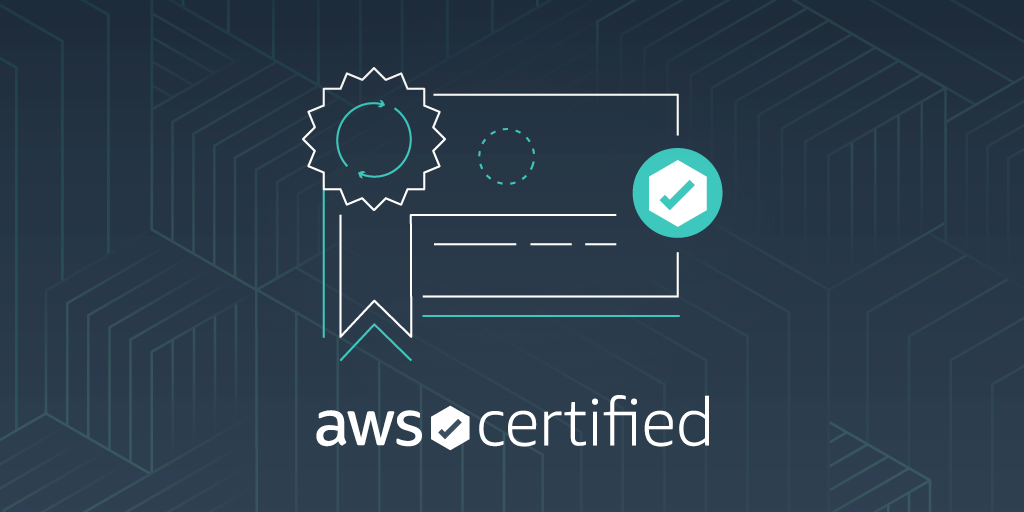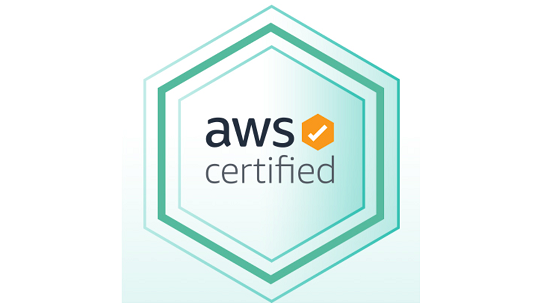Career Routes

There is always a huge debate on which certificates and skills are required for which role, or which certification someone should do next. So I thought I'd pitch in with my view on the matter. Please note the following is based on planning at the beginning of your cloud career. If you are changing roles later in your career the order and certifications could change drastically.
For me there are three categories of AWS roles; Architect, Engineer and Specialist. Bear in mind roles will always have overlaps and depending on the company there will be nuances. In addition, as you move up from an entry level role to a lead role it is normally expected that your depth in knowledge increases.
I'll take a look at 3 areas and apply them to these role categories. The areas covered will be Certificates, Technical Skills, Experience/knowledge. This is a high level view and I might write further posts about some of these in the future.
Certificates
Let's be clear. Certifications are not required to do a job well. They are a badge to validate the knowledge you have to others. In addition, on their own, they may not get you that AWS role you're after. You need experience as well.
At Coca-Cola I worked on AWS for over 6 years with out any AWS certification. I attended Architecting on AWS training as well as a boot camp at re:invent in 2015 on CloudFormation and Automation. I only achieved my first certification, Solution Architect Associate, in 2018 when I was searching for a new role.
However certifications do have their place and if you decide that you need them, or simply want them, the order to tackle them could be useful.
For architects the path is quite clear. Cloud Practitioner, Solutions Architect Associate, and Solutions Architect Professional. Many people say not to worry about the Cloud Practitioner. However I think it has come a long way since the first release and gives a good rounding of AWS and the cloud.
For engineers the path is also quite clear. Cloud Practitioner, SysOps Administrator Associate, Developer Associate, and DevOps Engineer Professional. Which order to take SysOps or Developer certifications will be a matter of preference. For me, I think the developer is more technical and does require more knowledge on containers and functions that can take longer to obtain so would recommend the SysOps first. In addition most people end up supporting systems before designing them.
For a specialist I would first ask are you designing or implementing. Depending on the answer I would say complete the Architect or DevOps certifications first. Then go for you specialist. The only exception to this would be people transitioning from physical to AWS. If you have your CCNP go for the Advance Networking as you'll know 75+ already. Similarly if you are a DBA the database specialty can be quick to achieve.
Technical Skills
It always confuses me that people seem to only ask what certification they need for 'a cloud role'. For me the real question is what skills are required for a particular role. The question on certification comes when I think about how am I going to demonstrate that I have the skills being asked for.
For many, their first "cloud role" is the same skillset as those doing a similar role "on premise". So my advice is to look at the skills you have and how they translate. Then look at the gaps and how to fill them. For example if your a DBA for on-premise SQL servers you need to look at RDS and how that changes your role.
For those new to IT the question is what role do you want and what are the generic skills for those roles. If a developer you need to think about the code language you are going to use. You would also need to understand items such as CI/CD. If your going to be building and managing application on Kubernetes, as well as AWS skills on EKS, you might also want to look at Kubernetes Certificates such as Certified Kubernetes Application Developer (CKAD).
Experience / Knowledge
Never underestimate the value of knowledge. Andy Jassy puts it, "There is no compression algorithm for experience". Most companies are not just looking for the checkbox that you have a skill. What they want is evidence of putting those skills to good use. So, if you're going for an architect role, provide examples of how you designed a solution to overcome a challenge. If you're applying for a lead role think about how you can show management skills and process knowledge in addition to your technical skills.
There will never be a single answer to the question of what to do next in your career. As such there should never be a standard response to what certification or skills to gain next. If you want advice then you need to provide information on what you've achieved to date and what your aspirations are. This way advice can be tailored to your journey.
And if someone says that, " based on cert X, get cert Y ", ignore them.




